Windows 10 on start automatically log-on multiple (local) users & programs. So I might have some 'ghost' users logged in once only 1 user is 'active' at this time
I need to recognize in my app if user is really active (works in session), not being just logged by Windows in background.
Is there any way to do that in .NET ? (from non-admin account) Googled a lot but count find anything reliable
PS. I found cmd line command (qwinsta) what seems doing what I need- but I dont know how to run it from C# code and read output (Im receiving qwinsta not found)
Plz advise...
* EDIT *
Clarification: I dont need to find active user name (this is pretty easy) Im looking to get info about all sessions on local machine and check which is currently active (see below qwinsta.exe output from command line).
Imagine all local users have my app in startup - app needs to do something, but only when user has ulocked session is doing something at this moment in front of computer (not being automatically logged in by this Windows-10 mechanism I personally hate...)
qwinsta.exe will do job for me but if I start this process from .NET it always says that qwinsta.exe cant be found. Even if I give full path: c:\Windows\system32\qwinsta.exe
SESSIONNAME USERNAME ID STATE TYPE DEVICE
services 0 Disc
>console carl 1 Active
rdp-tcp 65536 Listen
